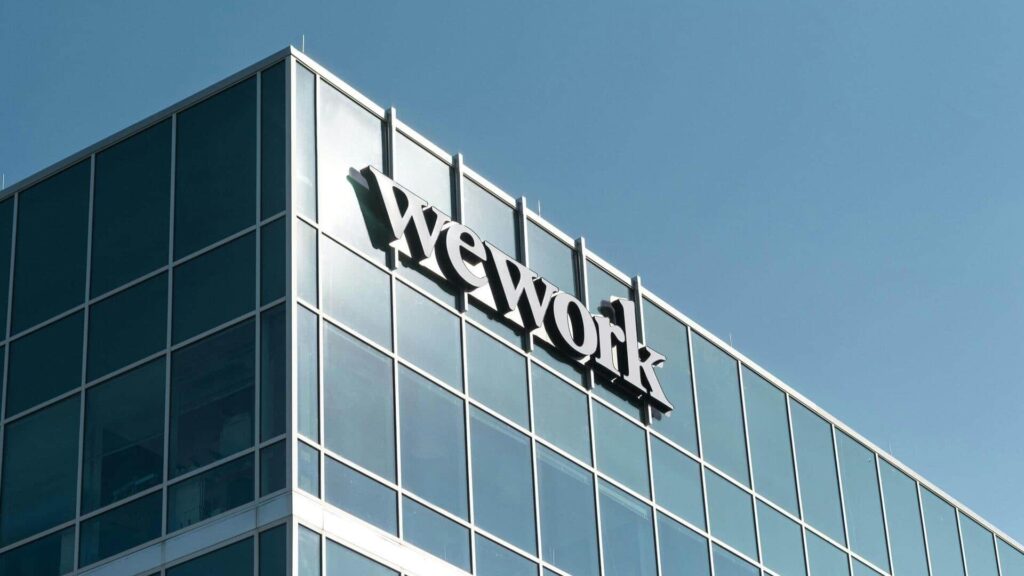**Should You Be Worried About WeWork India’s ₹3,000 Crore IPO?**
*By Dwaipayan Roy | Oct 07, 2025, 08:02 PM*
WeWork India’s upcoming ₹3,000 crore initial public offering (IPO) has come under scrutiny from proxy advisory firm InGovern. Shriram Subramanian, the founder of InGovern, has raised several concerns regarding the IPO’s structure and the conditions set before listing. These issues prompt questions about promoter intent, financial sustainability, and corporate governance.
### IPO Structure: Full Offer for Sale with No Fresh Capital
The IPO is structured as a complete offer for sale (OFS) by existing shareholders, meaning there is no infusion of new capital into the company. This unusual setup has drawn attention, as it signals potential underlying issues.
### Key Concerns Raised by InGovern
#### Temporary Release of Pledged Promoter Shares
A significant flag is the temporary release of pledged promoter shares before the IPO. Over 53% of WeWork India’s pre-IPO shares, held by Embassy Buildcon, had been pledged as collateral against borrowings amounting to approximately ₹2,065 crore. These pledges were revoked primarily to facilitate the IPO. According to Subramanian, there is an agreement in place that if the IPO does not proceed, the shares must be re-pledged within 45 days. This arrangement raises questions about the stability of promoter shareholding and intent.
#### Continuing Financial Challenges
WeWork India continues to operate at a cash loss. This situation is further complicated by lease agreements that function similarly to debt obligations. Subramanian emphasized that when a loss-making company undertakes a pure OFS and promoters use the proceeds to reduce debt, it is a cause for concern. Almost 43% of the company’s FY25 revenue is allocated to lease payouts. The company’s brief profitability during this period came mainly from a deferred-tax gain rather than core operations.
#### Governance Issues
Repeated audit qualifications have been flagged as a red flag for investors. From FY22 to FY24, WeWork India disclosed material weaknesses in its internal controls, which included poor vendor documentation and lack of transparency in related-party transactions. Moreover, several enforcement proceedings are ongoing against the company’s promoters, involving agencies such as the Central Bureau of Investigation (CBI), Enforcement Directorate (ED), and under the Prevention of Corruption Act.
### Market Risks: Brand Dependence
Another risk factor highlighted by InGovern is WeWork India’s dependence on the global WeWork brand. The company holds a 99-year license from WeWork Global contingent upon maintaining promoter control and adhering to compliance requirements. Any legal conviction or changes in promoter control could jeopardize these brand rights, potentially threatening the company’s very existence.
### Despite Concerns, Strong Anchor Interest
In spite of these issues, the IPO witnessed strong anchor investor participation, raising ₹1,348 crore from 67 investors. Notable participants include ICICI Prudential Mutual Fund, HDFC Mutual Fund, and others.
—
**Conclusion**
WeWork India’s ₹3,000 crore IPO presents a complex picture. While strong market interest is encouraging, the concerns relating to share pledging, financial losses, governance lapses, and brand dependencies cannot be overlooked. Investors should carefully assess these factors before making an investment decision.
https://www.newsbytesapp.com/news/business/wework-india-s-3-000cr-ipo-under-ingovern-s-scanner-here-s-why/story

